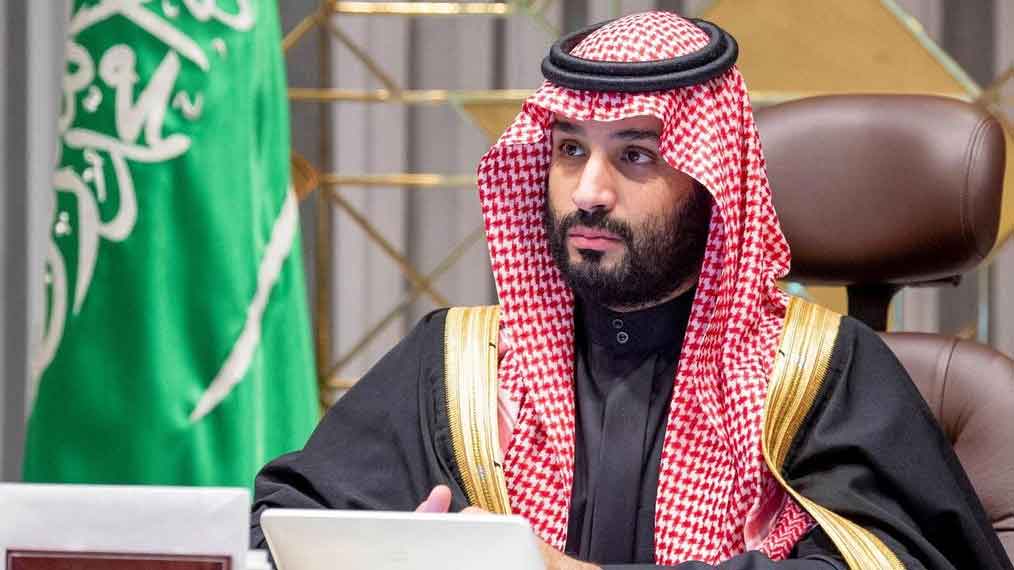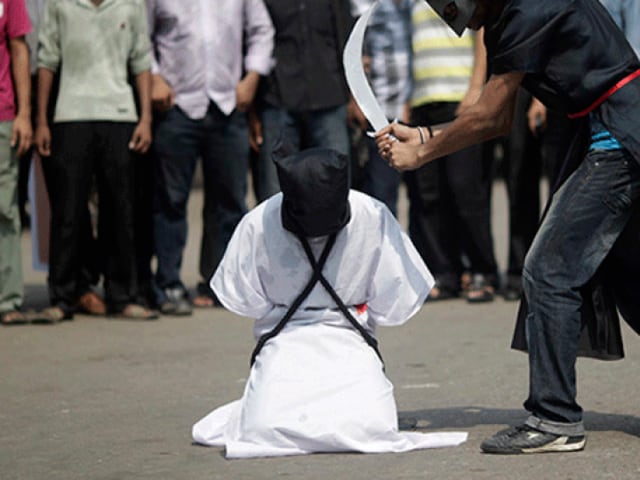
In the last 10 days, 12 drug-related murders have reportedly occurred in Saudi Arabia. According to a report, several of these were sword beheadings.
Twelve people, including three Pakistanis, four Syrians, two Jordanians, and three Saudis, were given the death penalty after being convicted of nonviolent narcotics offences, according to the media.
In March this year, Saudi Arabia had executed 81 people convicted of a variety of crimes, including killings and belonging to militant groups, in the largest mass execution conducted by the kingdom in its modern history.
The new wave of executions in recent days comes almost two years after Saudi Arabia vowed to reduce such punishments. It came in the wake of the murder of US journalist Jamal Khashoggi in Turkey in 2018 allegedly by a Saudi death squad at the orders of Crown Prince Mohammed bin Salman.

Mohammed bin Salman has repeatedly touted his vision of progress, committing to reducing executions and ending the death penalty for drug offences.
“But as a bloody year of executions draws to a close, the Saudi authorities have begun executing drug offenders again, in large numbers and in secret.”
In 2018 too, the Saudi administration tried to minimize capital punishment with only those found guilty of murder or manslaughter being subject to capital punishment.
The country’s justice system was criticized by the European Saudi Organization for Human Rights in August, claiming it had broken promises to lessen torture and killings in its prison system.
According to the ESOHR, the system’s lack of transparency caused them to learn about the killings only after they had already occurred.
In its report, the group called attention to a mass beheading on March 12 that resulted in the deaths of 81 criminals, more than 70% of whom were killed for their participation in non-fatal crimes.
41 men, or more than 50% of those killed, were killed because they participated in pro-democracy demonstrations.
The Saudi leadership labeled the men “terrorists” in order to justify the killings before handing them over to their executioners.

















